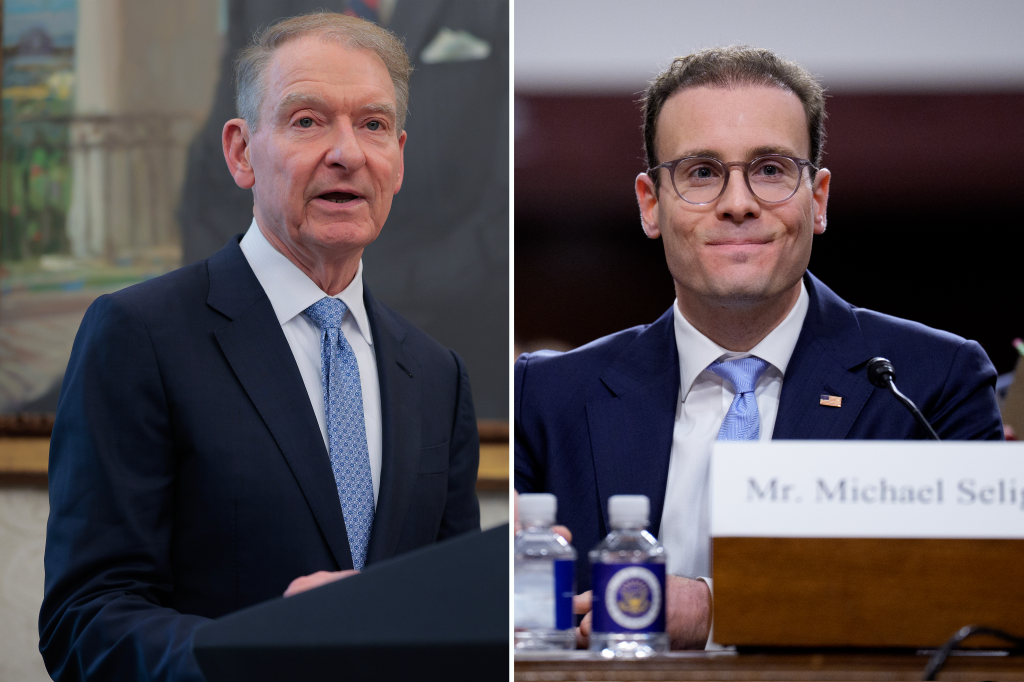A recent study by Greenly, a Paris-based carbon accounting consultancy firm, has revealed that TikTok’s annual carbon footprint may be larger than that of Greece. The study estimates TikTok’s 2023 emissions in the US, UK, and France alone at 7.6 million metric tonnes of CO2e, surpassing platforms like Twitter/X
This
Register for free to keep reading
To continue reading this article and unlock full access to GRIP, register now. You’ll enjoy free access to all content until our subscription service launches in early 2026.
- Unlimited access to industry insights
- Stay on top of key rules and regulatory changes with our Rules Navigator
- Ad-free experience with no distractions
- Regular podcasts from trusted external experts
- Fresh compliance and regulatory content every day













